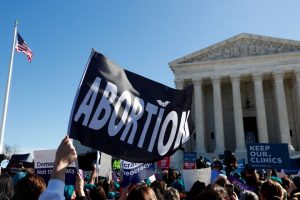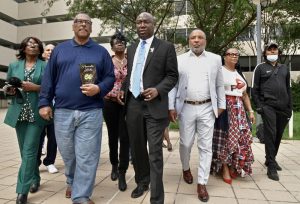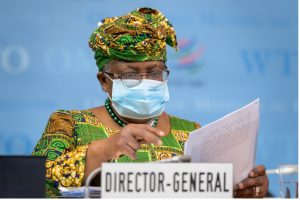By: Kendall Hay
Journal of Global Rights and Organizations, Associate Articles Editor
UNITED STATES — In October 2021, a former Facebook employee provided an internal report to Congress which revealed the company’s awareness of several illegal activities on the site. However, despite their awareness, Facebook made a deliberate decision not to act in an effort to protect their bottom line. These recently published “Facebook papers” reveal that the company was aware of human trafficking on the platform and purposely chose to withhold efforts to combat the problem.

The whistleblower revealed widespread trafficking occurring in the Middle East in the sphere of domestic labor. These workers are coerced into earning money for their family either by fraud or deception and then are forced to terms and undignified conditions once there. After being stripped of all forms of communication, they are then faced with domestic and sexual violence and left without the promised earnings.
One of the problems that has led to this issue is the rapid growth the social media site has experienced but has been unable to properly maintain. Being an international platform has also presented challenges to the company, one of which is the difficulty in policing illegal activity on such a widespread scale.
A search on Facebook for maids can render results with a picture and a price accompanying the image, and this even occurs after local governments have scoured the site daily in an attempt to stop such practices.
Although Facebook denies these allegations, it is clear that the advertising benefits they receive have taken precedence over taking measures to ban online solicitation. With over 2 billion users, the company generates extensive profits through advertising. And while they could use some of this advertising space for public service announcements to warn of the potential trap, Facebook has chosen to turn a blind eye. The outcry from victims for these warning messages has escalated in recent months.
In June 2021, The Texas Supreme Court ruled against Facebook in a lawsuit filed by women who were abused and trafficked from the site. The court declared that a Texas statute allows these women to bring a civil cause of action against Facebook for intentionally knowing and benefiting from participation in sex trafficking.
Facebook will soon be facing a class action lawsuit that will be filed at the end of December for misleading shareholders. The lawsuit claims that, among other things, Facebook failed to respond to drug cartels and human traffickers. They are also complaining of attracting pre-teens to the site as well as publicly misleading users and issuing false statements. Because of the drop in Facebook’s share price due to the alleged complaints, plaintiffs are seeking damages for their significant loss.
For further Information please see:
AP News – Apple once threatened Facebook ban over Mideast maid abuse – 25 Oct. 2021
AP News – People or Profit? Facebook Papers Show Deep Conflict Within – 25 Oct. 2021
Bloomberg – Facebook must face claims linked to sex trafficking judge says – 25 June 2021
CNN – Facebook has shown it has a human trafficking problem for years – 25 Oct. 2021
Washington Post – What are the Facebook papers – 25 Oct. 2021



